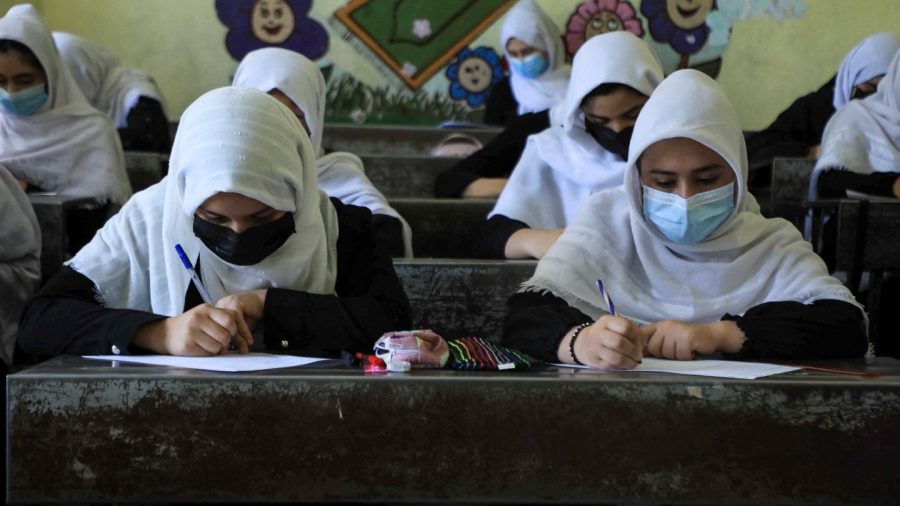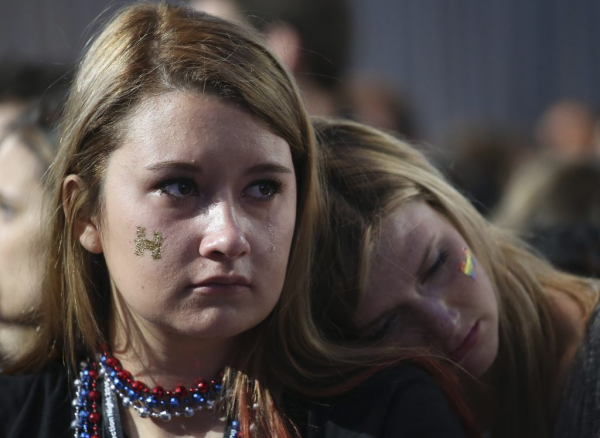Unsurprisingly and sadly, Taliban has backtracked on educating all girls
After making several announcements over the past few months that women would be allowed education under their regime, the Taliban has gone back on those pledges, as many schools meant for Afghan girls have been closed with no clear timetable of reopening.
The Taliban has since stated that they are taking time to make sure that until the schools align with the teachings of Islamic Law, and that they will stay closed until that has been achieved.
Education has not been taken away for all girls in Afghanistan, however. Along with the boys’ schools being opened last year, schools for girls up to the sixth grade have remained open during the controversy and turbulence of women’s education in Taliban controlled Afghanistan.
This turbulence has been met with harsh criticism and condemnation from the international community. At a United Nations Conference pledging for Afghanistan just a week ago, leaders came together with the hopes of planning ways to preserve and enhance secondary education for Afghan women.
Achime Steiner, head of the UN Developmental Program, made strong statements about the state of equality of education in Afghanistan.
“Both boys and girls must be allowed in the classrooms because the future of Afghanistan must be for all Afghans, not just a selected few.”
Unfortunately, they were not able to establish a redline for the reopening of secondary schools for women, leaving the door open for the Taliban to keep the schools closed.
Steiner wasn’t the only one making comments about this dire situation, however. Malala Yousafzai, Pakistani activist for women’s education made her position clear on a situation that she has spent most of her life fighting for.
“Muslim countries should unite and say in Islam, girls cannot be prohibited from education,” Yousafzai said during a panel discussion for Doha Debates, “They [the Taliban] cannot use Islam for that purpose anymore.”
Perhaps the reason for the increased pressure on the Taliban for women’s education rights, other than the fact that equal opportunity being a fundamental right of humanity, is the reality that we have seen what a Taliban rule in Afghanistan can do to women’s education. Before the previous Taliban regime began in 1996, there were over 400,000 women enrolled in education, and women also made up forty percent of doctors, and sixty percent of teachers at Kabul University.
Once the Taliban took over, those numbers diminished, and by 1996, only 50,000 of the 1.2 million enrolled students in Afghanistan were women.
In the time since the Taliban were kicked out of power, the rehabilitation of education for women began, but that’s not to say it came without great challenges. Just because the number of women in education increased doesn’t mean that there were not people and laws trying to restrict women from education, because there were. That has lasted up until now, where the even more brutal regulations of the Taliban regime are looming once again.
So, with there being a bit of silence from both the Taliban and the international community over the past few days, all anyone can do is wait. Will the UN be able to step in and create change, or will the Taliban hold firm and prohibit women’s education for the foreseeable future? Only time will tell.

I am currently a junior at NHS. I am taking Journalism to strengthen my analytical writing and to stay up to date on the news.








